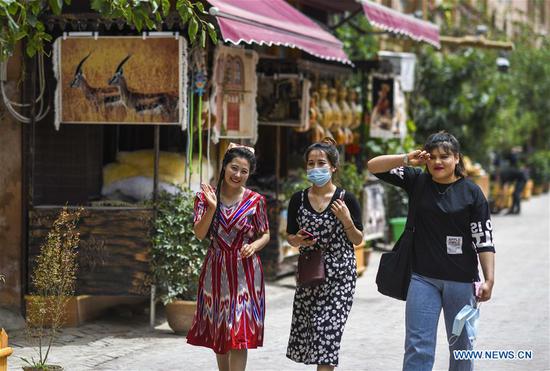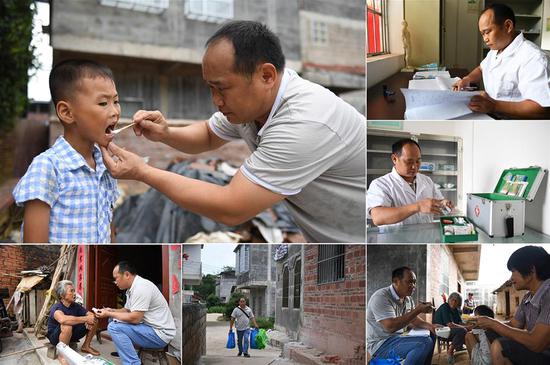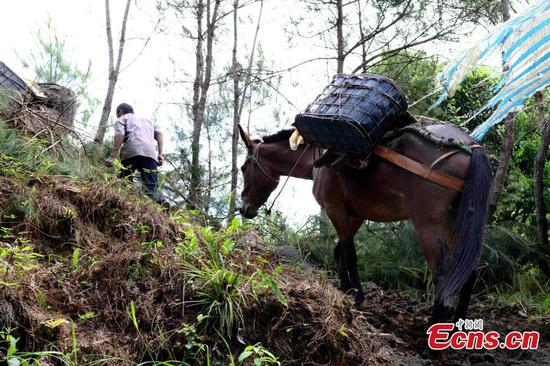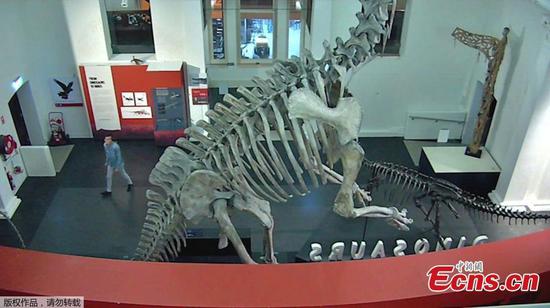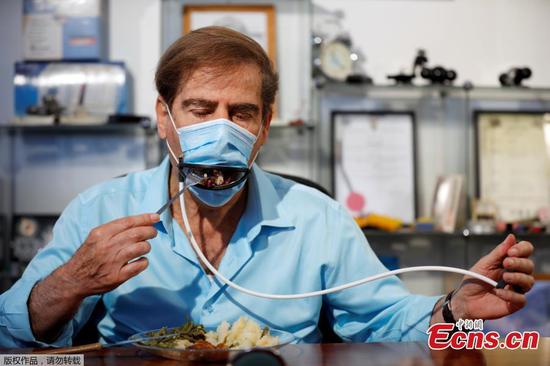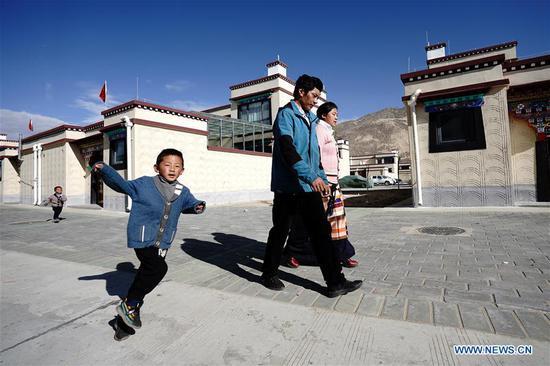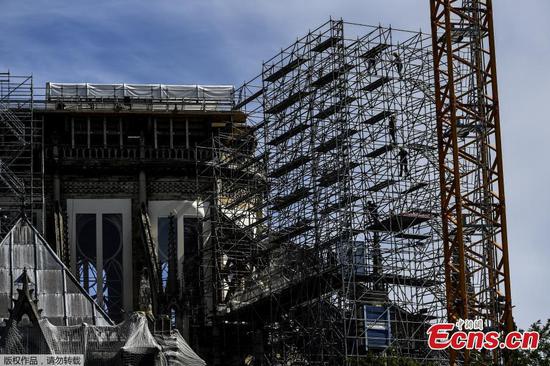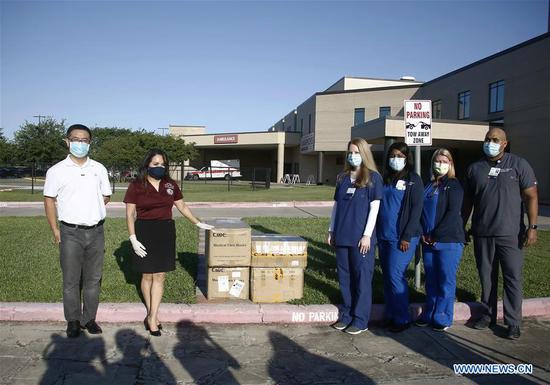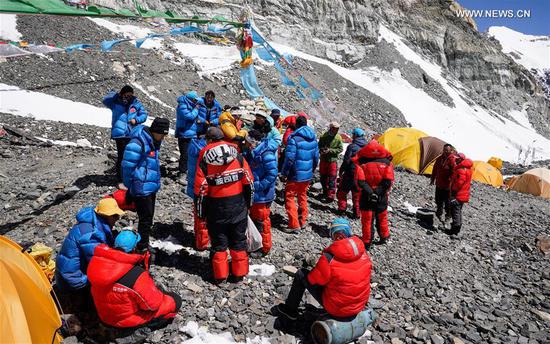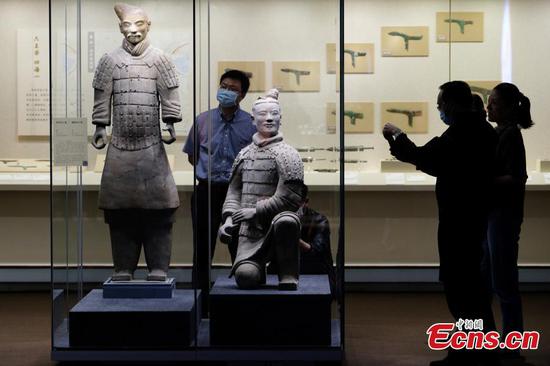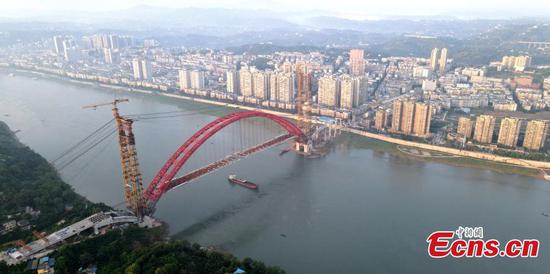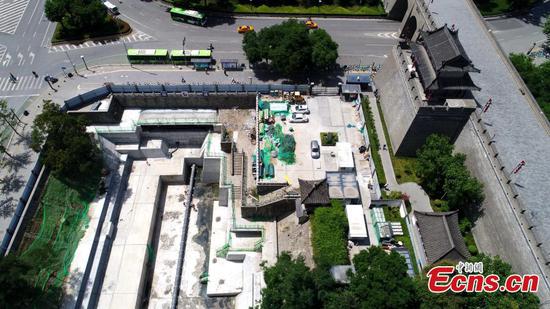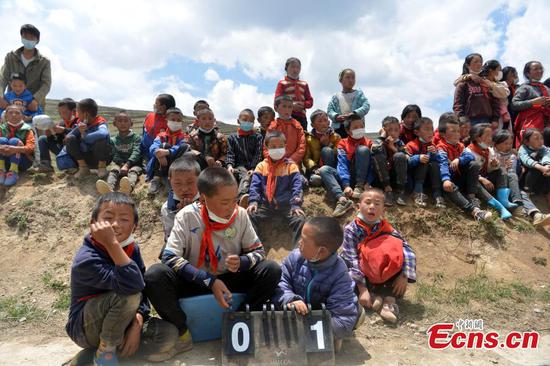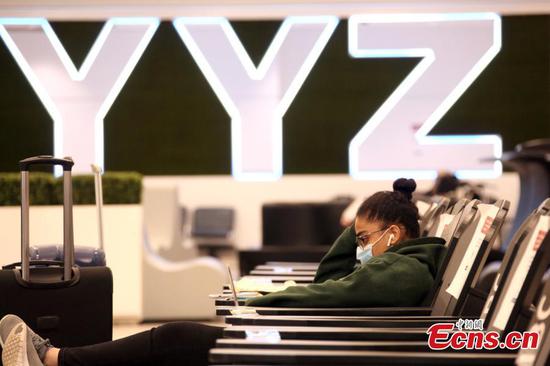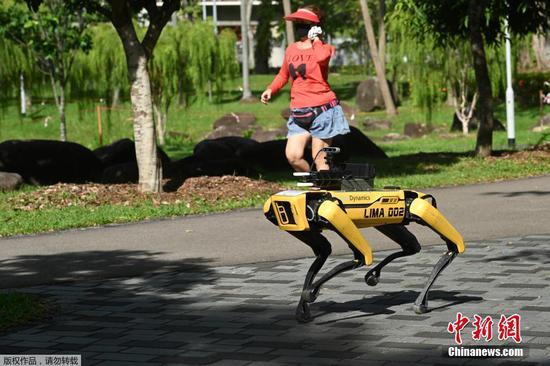Public health security
In addition to setting the work priorities, targets and tasks for this year's national economic and social development, the two sessions could also focus on how China improves its public health security and responds to the complex and changing international situation.
China might use the two sessions to unveil more policies and measures related to international cooperation on combating the pandemic, boost global confidence in winning the battle against the virus and respond to the stigmatization of China by some countries, experts said.
Xu said that the unexpected public health crisis has posed challenges for China in achieving its strategic goals, but the major challenges come more from the changing external environment.
Domestically, China has maintained good momentum in epidemic control and economic recovery, he said, while internationally the turning point of the pandemic has yet to be seen, and the impact of the pandemic on other major economies, such as the United States and Europe, has yet to be fully understood.
Xu said that given the current situation, he could not rule out the possibility that some countries would take a more confrontational stance against China, adding that this could increase the risks for China's development.
Despite these challenges, Xu suggested that China should continue to prioritize high-quality development by coordinating its efforts in stabilizing growth, promoting reforms, readjusting its economic structure, improving people's livelihoods, preventing risks and maintaining stability.
China's economy shrank by 6.8 percent year-on-year in the first quarter as the virus outbreak dealt a huge blow to economic activity. While the epidemic has been basically brought under control domestically, economic activities remain on the road to recovery.
Value-added industrial output increased 3.9 percent year-on-year in April, rebounding from the 1.1-percent drop in March and the 13.5-percent slump in the first two months of the year, according to National Bureau of Statistics data released on Friday. However, the statistics authority warned that the recovery still faces uncertainties and challenges from the global spread of the novel coronavirus.
Zhou Fangyin, a senior researcher at the Guangdong Institute for International Strategies, said in an interview with China Daily that convening the two sessions is a signal that business is largely back to normal in the world's second-largest economy.
Zhou said that as major uncertainties still remain amid the global pandemic, China's two sessions will provide a degree of certainty for the world economy and help the international community to overcome the panic that the pandemic has brought about.
Against the backdrop of a trend against globalization during the pandemic, China will continue to uphold all-round opening-up and strengthen international cooperation in trade, investment and financing, he added.
During the two sessions, Zhou said China could also underscore the need to improve its manufacturing capability and strengthen its industrial chains, step up the development of the digital economy, and advance the construction of digital infrastructure, including 5G, the internet of things and artificial intelligence.
By doing so, China will become more competitive in some areas of manufacturing while upgrading and transforming its economic structure, Zhou said.
According to the IMF's World Economic Outlook released in April, the global economy will contract by 3 percent this year. Amid the unprecedented pandemic, experts said it is difficult to predict the ultimate growth rate of China's economy this year.
Justin Yifu Lin, honorary dean of the National School of Development at Peking University, said in an article that China has the ability to maintain a reasonable growth rate this year. The article was published on the website of Peking University's Institute of South-South Cooperation and Development. Lin is also the dean of the institute.
The Chinese government should take advantage of its favorable fiscal and monetary policy space to stabilize the financial system, increase credit to help enterprises, invest in new infrastructure and provide necessary support for families affected by the pandemic, Lin said, adding that these measures will help to expand domestic demand, maintain social stability and overcome the obstacles facing future economic growth.
"Like it has since 2008, China will drive the world's economic growth and recovery as it emerges from the coronavirus crisis," he said.









